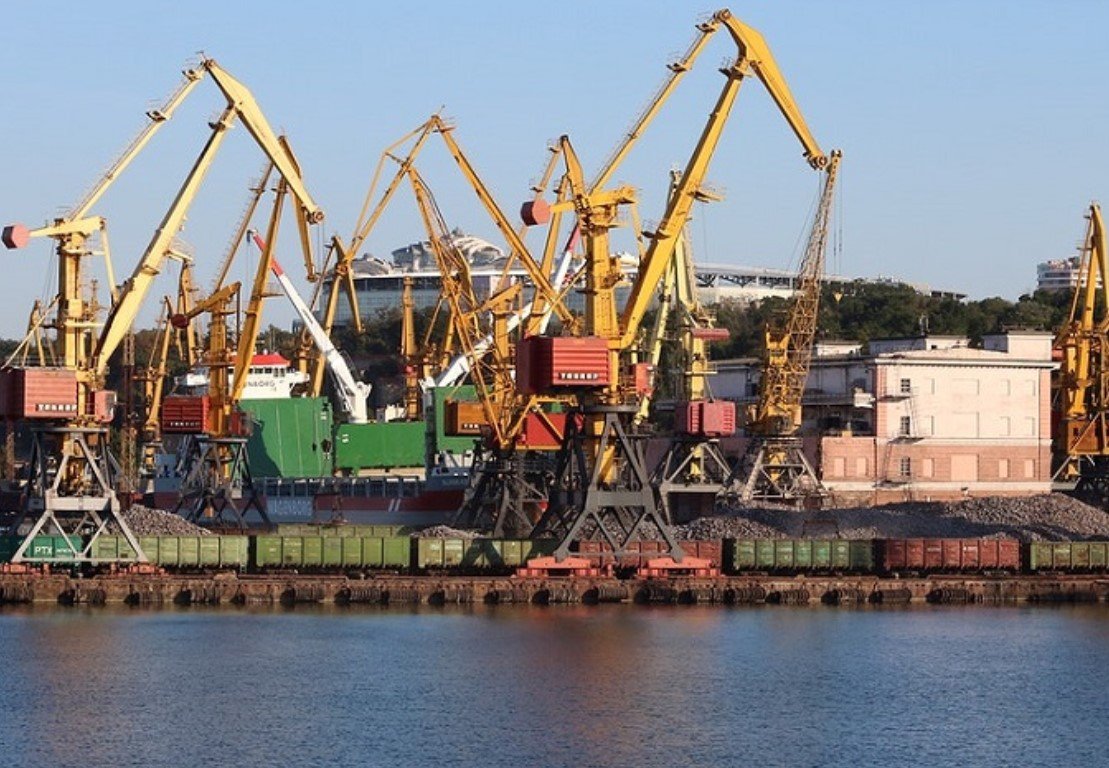The Russian economy, heavily reliant on oil and gas revenues, faces significant challenges as Saudi Arabia considers increasing its oil production. This move could lead to a substantial drop in global oil prices, putting immense pressure on Russia’s financial stability. The potential decline in oil prices comes at a critical time for Russia, which is already grappling with the economic impacts of its ongoing conflict in Ukraine. The situation underscores the delicate balance of global oil markets and the geopolitical maneuvers that influence them.

Impact of Saudi Oil Production Increase
Saudi Arabia’s decision to ramp up oil production could have far-reaching consequences for global oil prices. By increasing output, Saudi Arabia aims to capture a larger market share, even if it means lower prices. This strategy poses a significant threat to Russia, where oil and gas revenues constitute a substantial portion of the national budget. A drop in oil prices would reduce Russia’s export earnings, exacerbating the financial strain caused by international sanctions and the costs of the war in Ukraine.
The potential increase in Saudi oil production is a response to the failure of other oil-producing nations to coordinate on supply cuts. Saudi Arabia’s move is seen as a bid to assert its dominance in the global oil market. However, this aggressive strategy could lead to a price war, driving prices down to levels that would be unsustainable for many producers, including Russia. The Kremlin’s budget, heavily dependent on oil revenues, would face severe shortfalls, forcing the government to make difficult economic decisions.
In addition to the immediate financial impact, a prolonged period of low oil prices could undermine Russia’s long-term economic stability. The country would struggle to fund its military operations and social programs, leading to potential political and social unrest. The situation highlights the interconnectedness of global energy markets and the vulnerabilities of economies that rely heavily on commodity exports.
Economic Consequences for Russia
The economic consequences of a significant drop in oil prices would be profound for Russia. The country’s budget is heavily reliant on oil and gas revenues, which account for nearly half of its income. A sustained decline in oil prices would lead to a substantial reduction in government revenues, forcing cuts to public spending and investment. This would have a ripple effect throughout the economy, affecting everything from infrastructure projects to social services.
The Russian ruble would likely come under pressure as oil revenues decline, leading to higher inflation and reduced purchasing power for Russian consumers. The central bank would face the difficult task of balancing the need to support the currency with the risks of stifling economic growth. Higher interest rates, aimed at defending the ruble, would further constrain economic activity, leading to a potential recession.
The broader economic impact would also be felt in the private sector, particularly in industries linked to oil and gas. Companies would face reduced revenues and profitability, leading to job losses and lower investment. The banking sector, already under strain from international sanctions, would face additional challenges as loan defaults increase and asset quality deteriorates. The overall economic environment would become increasingly challenging, with significant risks to financial stability.
Geopolitical Implications
The geopolitical implications of Saudi Arabia’s potential increase in oil production extend beyond the immediate economic impact on Russia. The move would signal a shift in the balance of power within the global oil market, with Saudi Arabia asserting its dominance. This could lead to increased tensions between major oil producers, as countries vie for market share in a lower-price environment.
For Russia, the geopolitical stakes are high. The country’s influence on the global stage is closely tied to its status as a major energy exporter. A significant reduction in oil revenues would weaken Russia’s ability to project power and influence internationally. This could have implications for its foreign policy, particularly in regions where it has sought to expand its influence, such as the Middle East and Africa.
The situation also underscores the broader strategic considerations at play in the global energy market. Countries like Saudi Arabia and Russia are not only economic competitors but also geopolitical rivals. The interplay between energy policy and international relations is complex, with decisions in one area often having far-reaching consequences in the other. The potential for a price war in the oil market highlights the delicate balance that must be maintained to ensure stability and avoid conflict.
